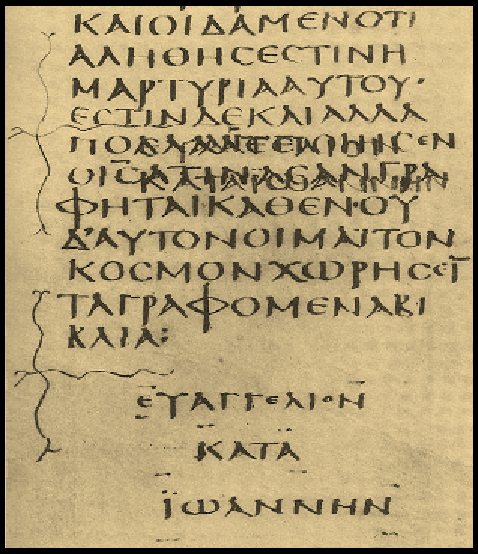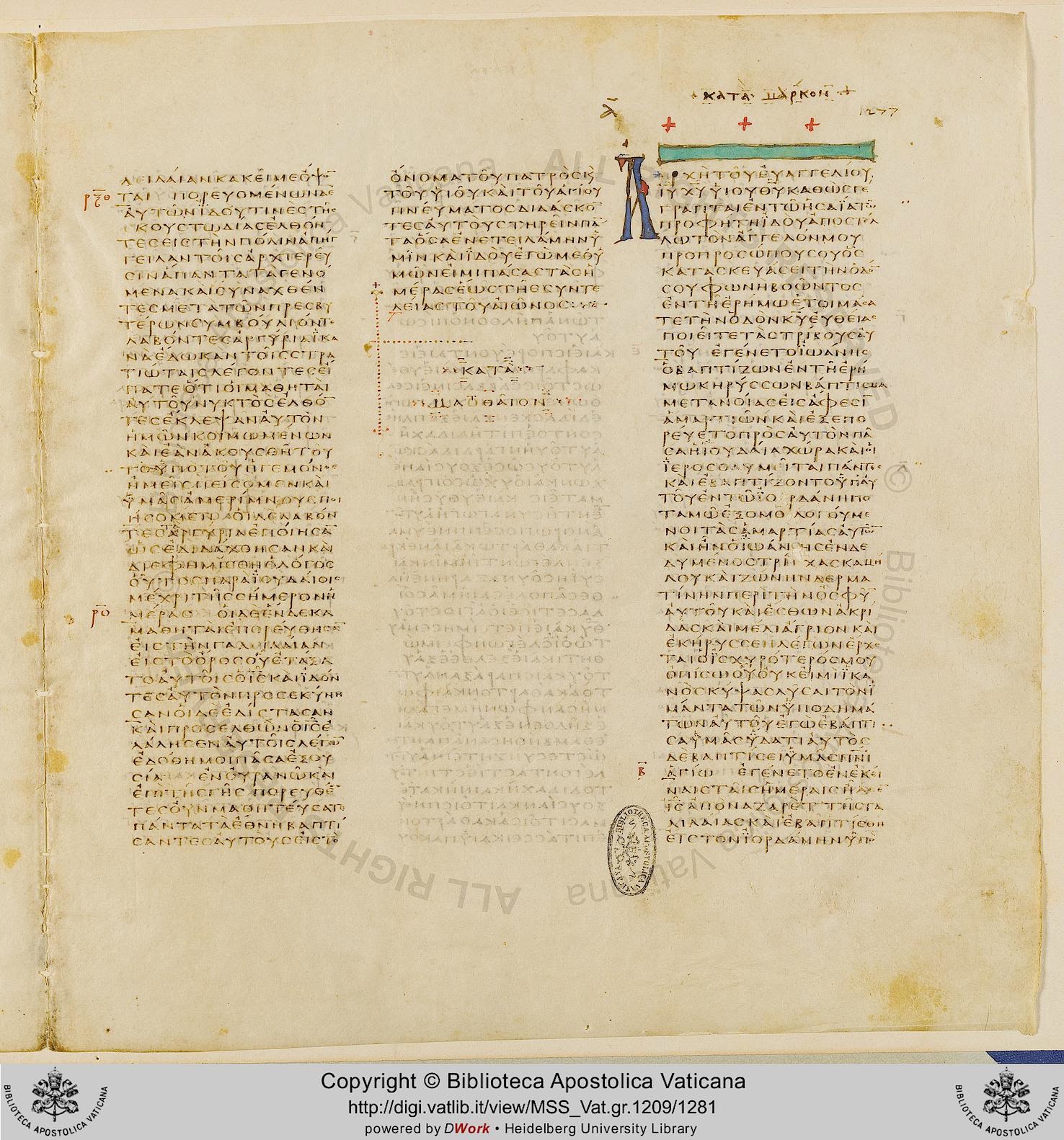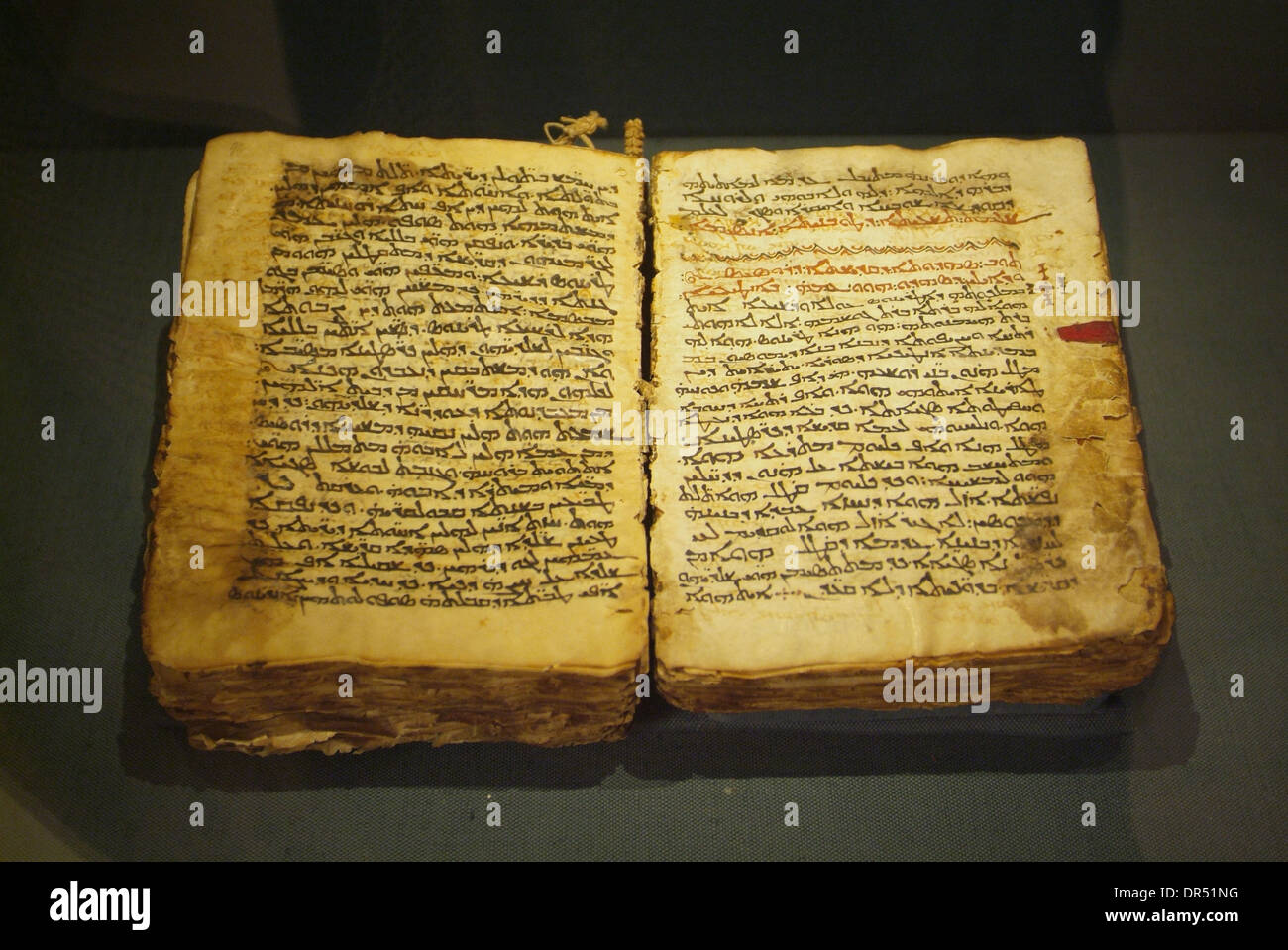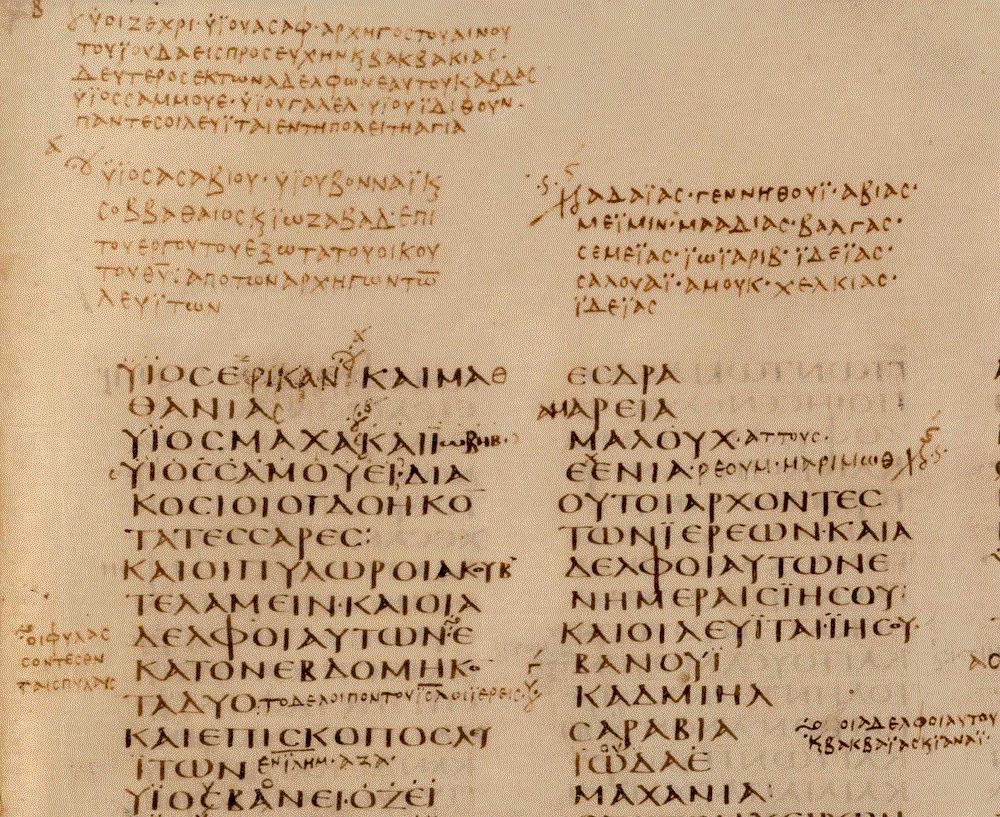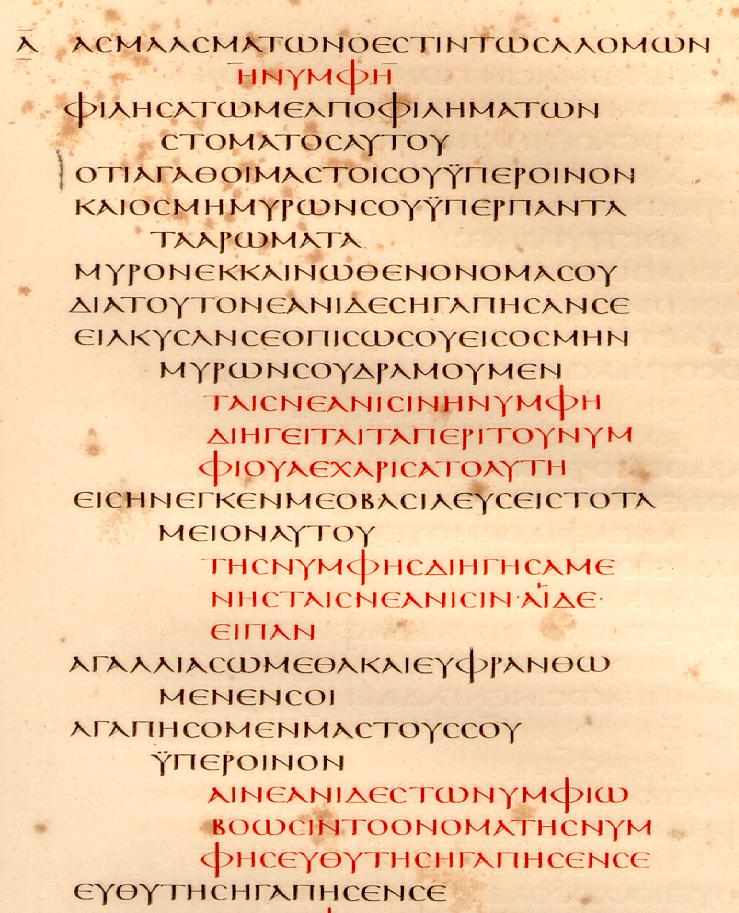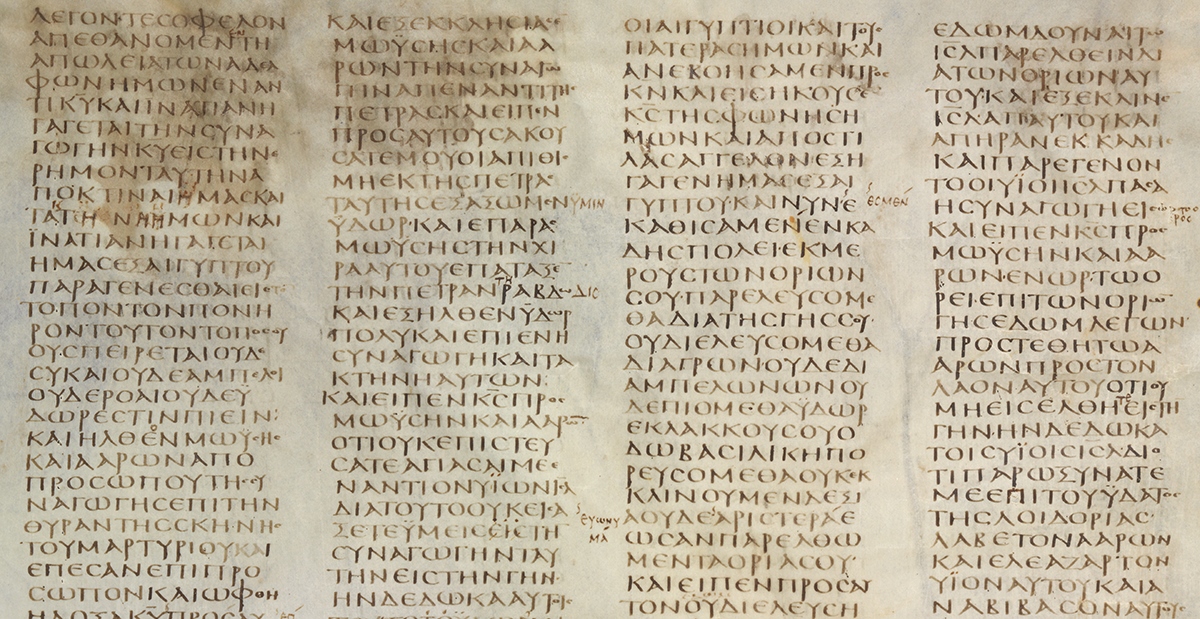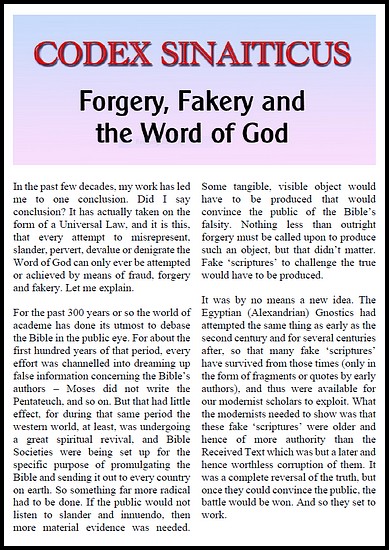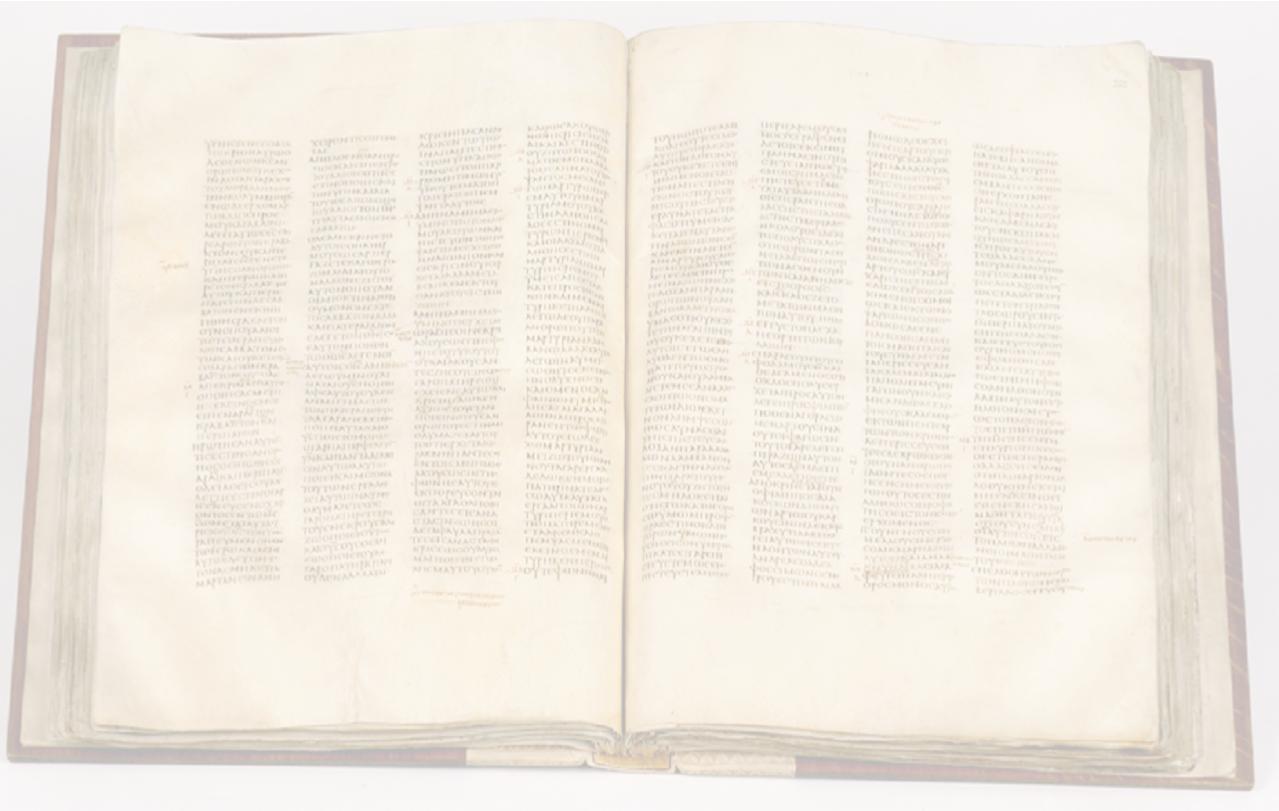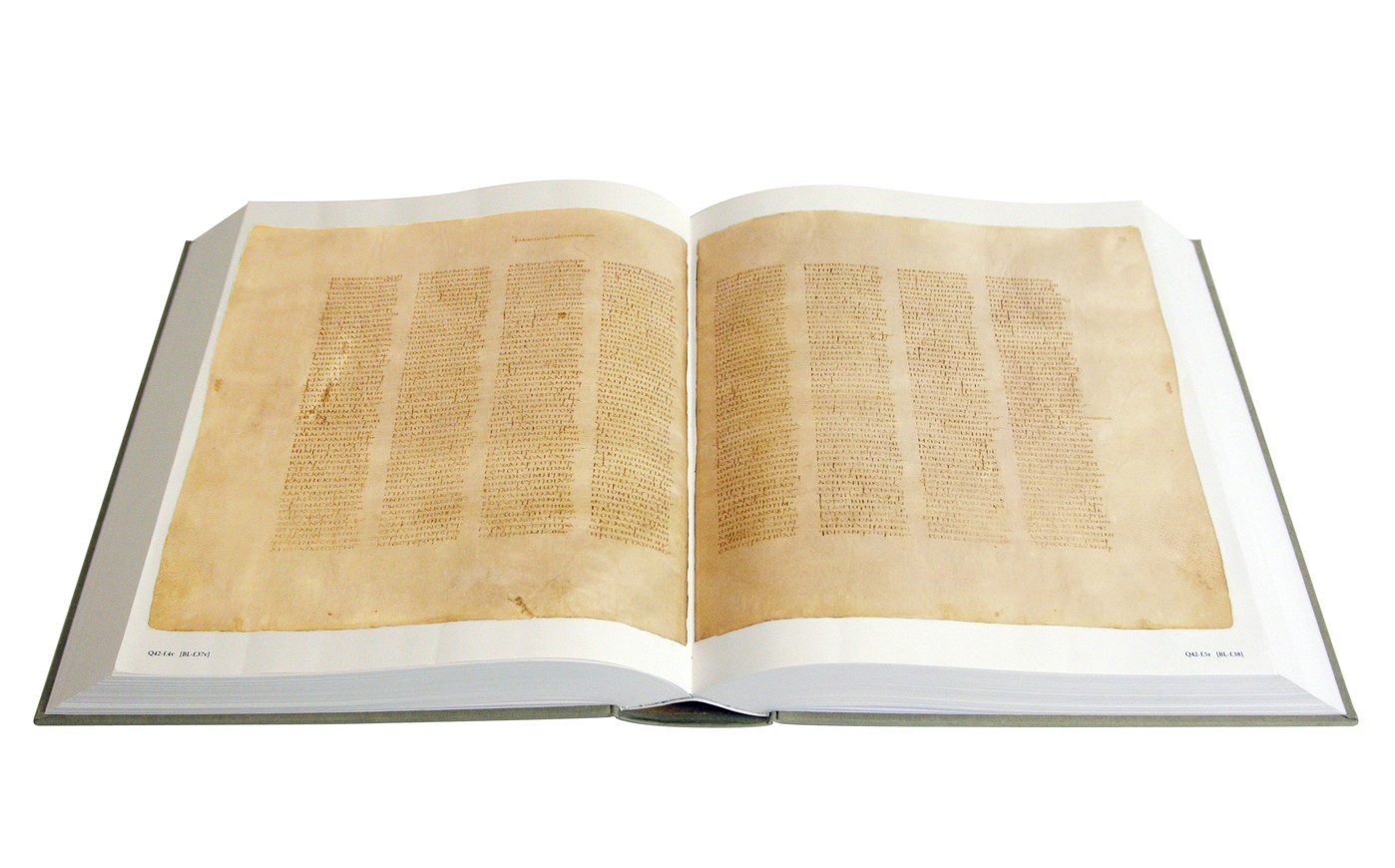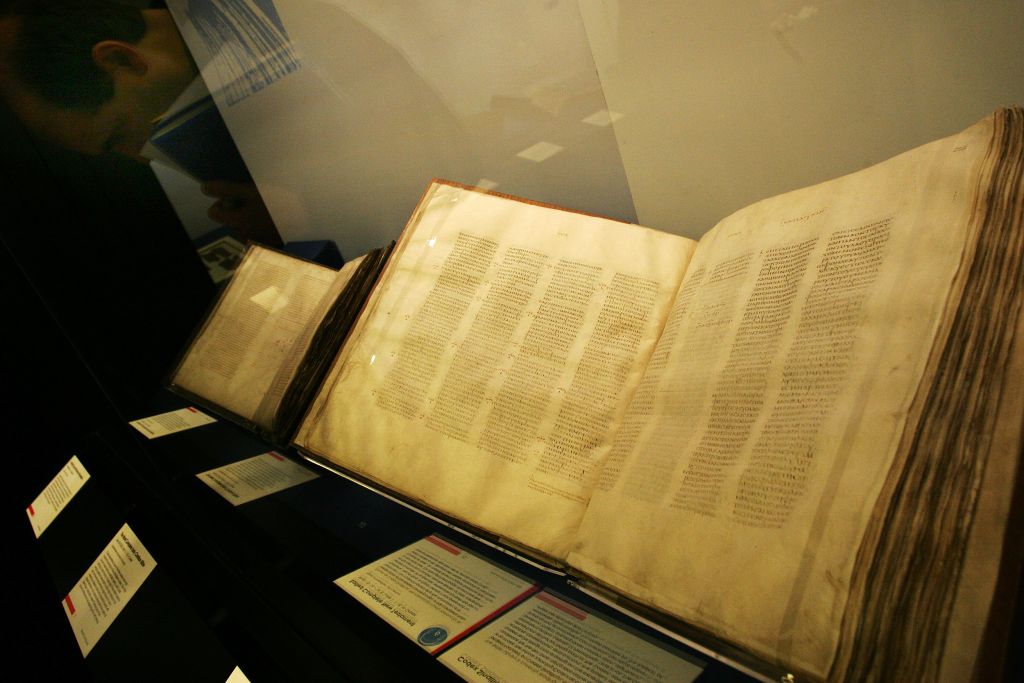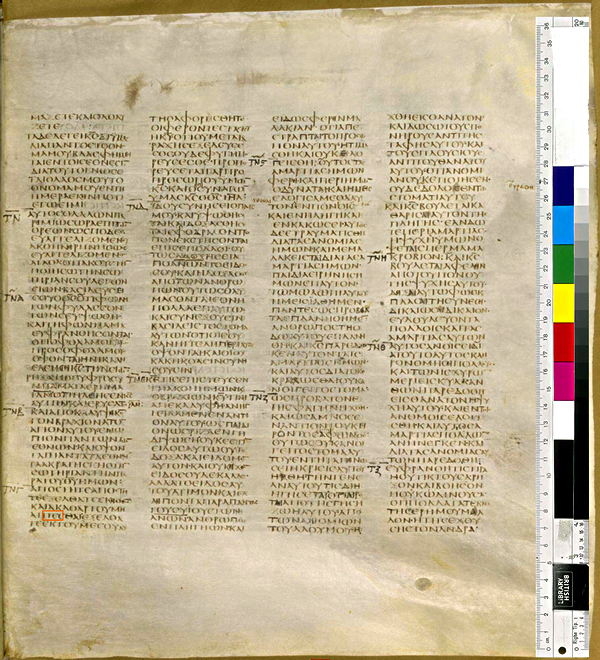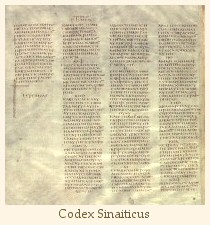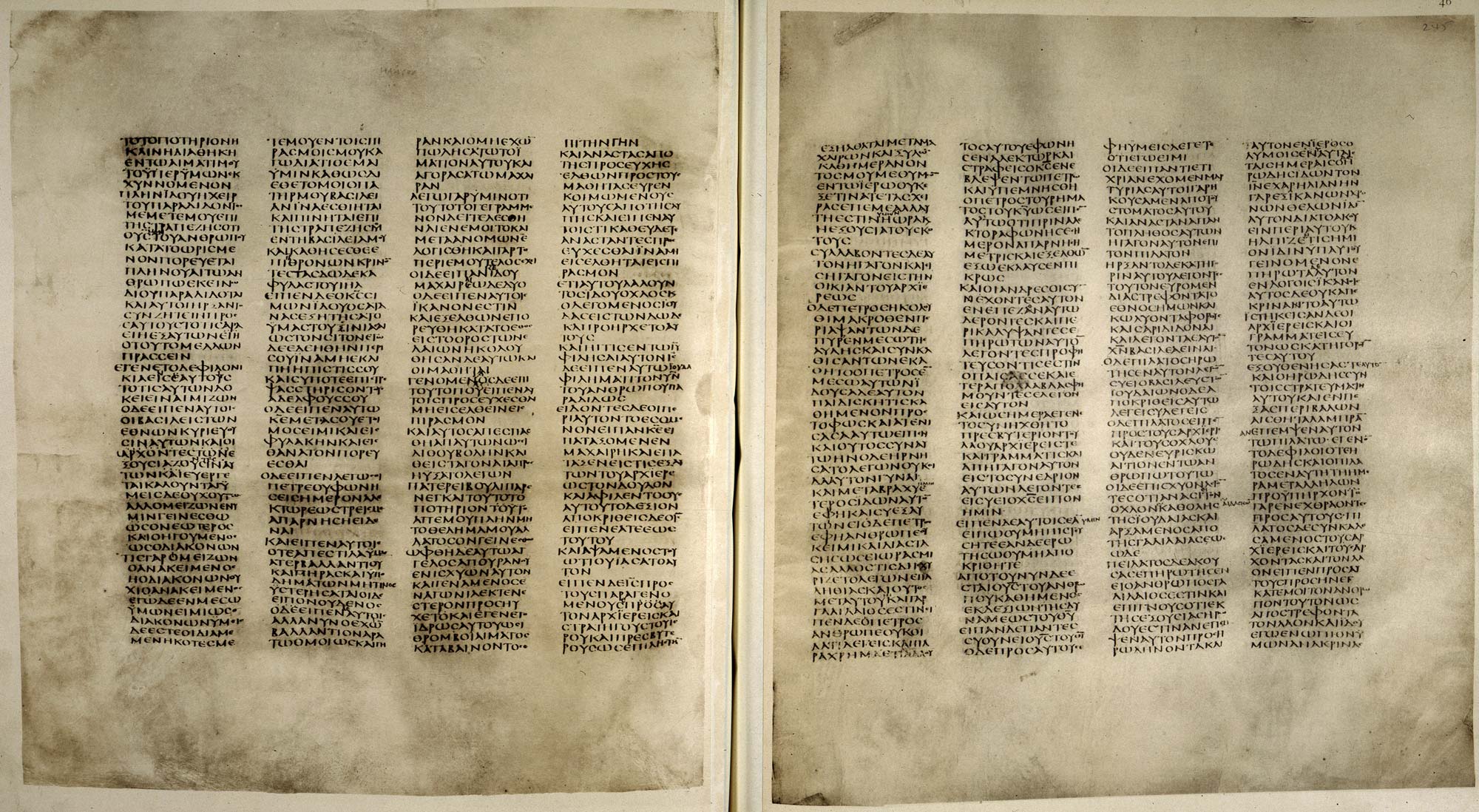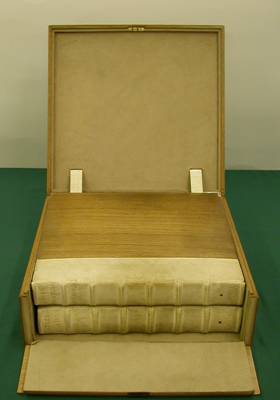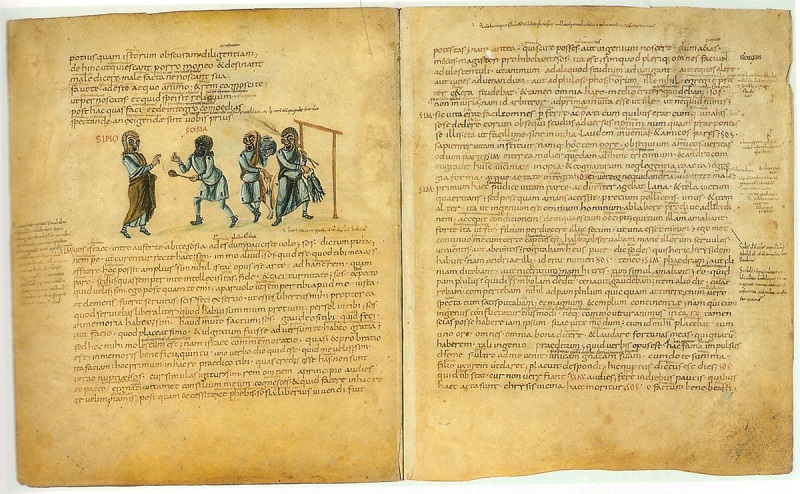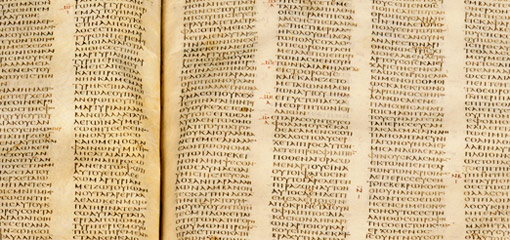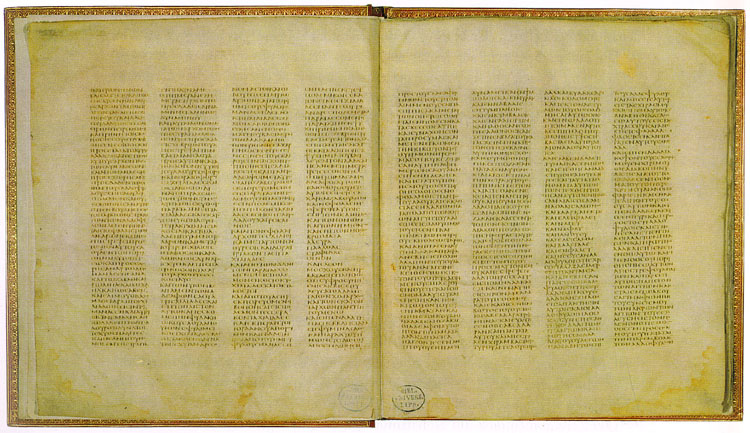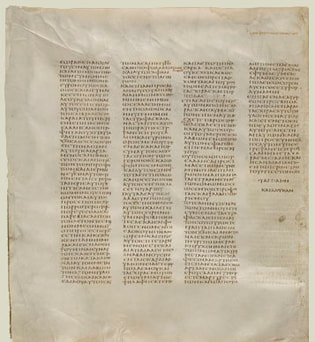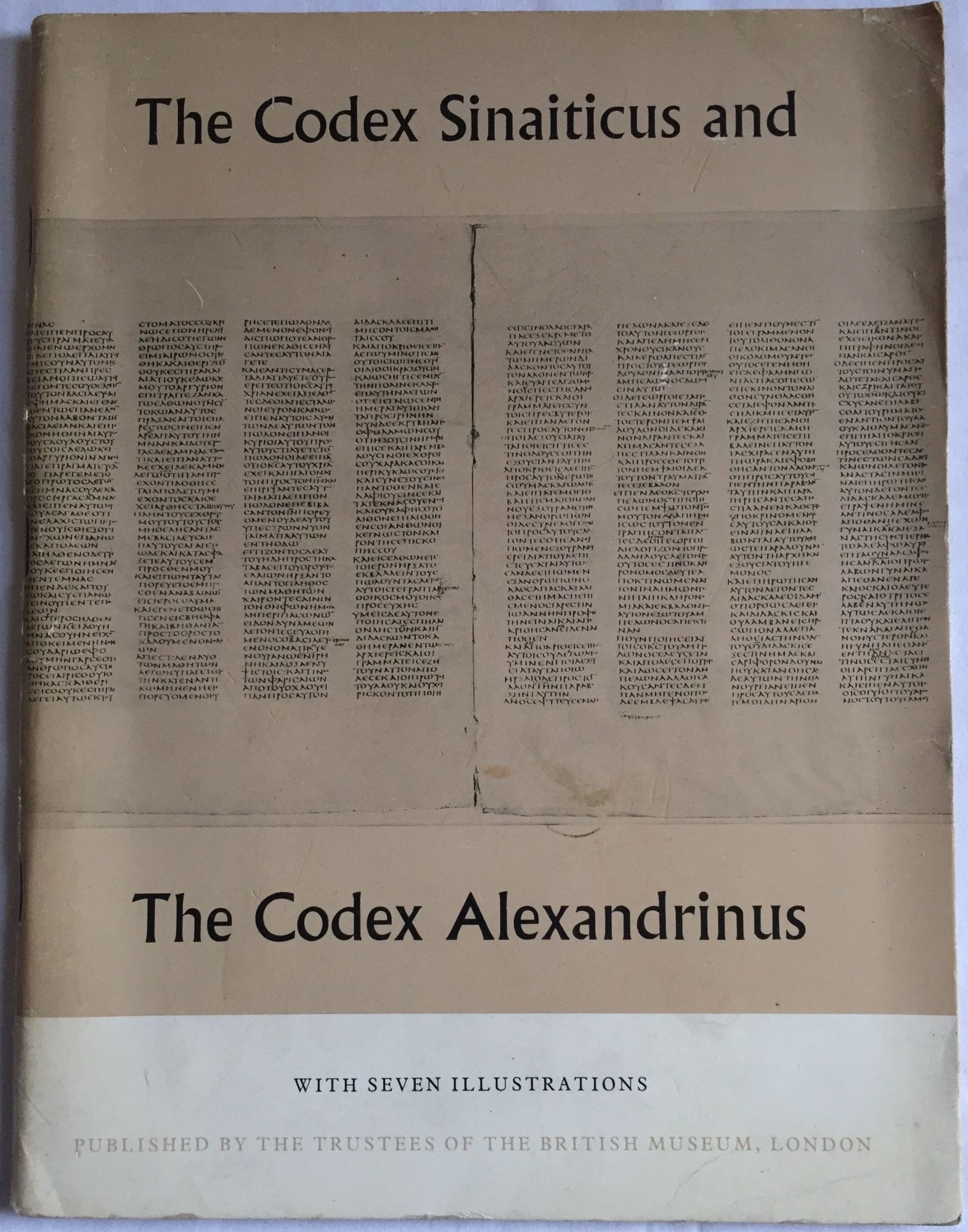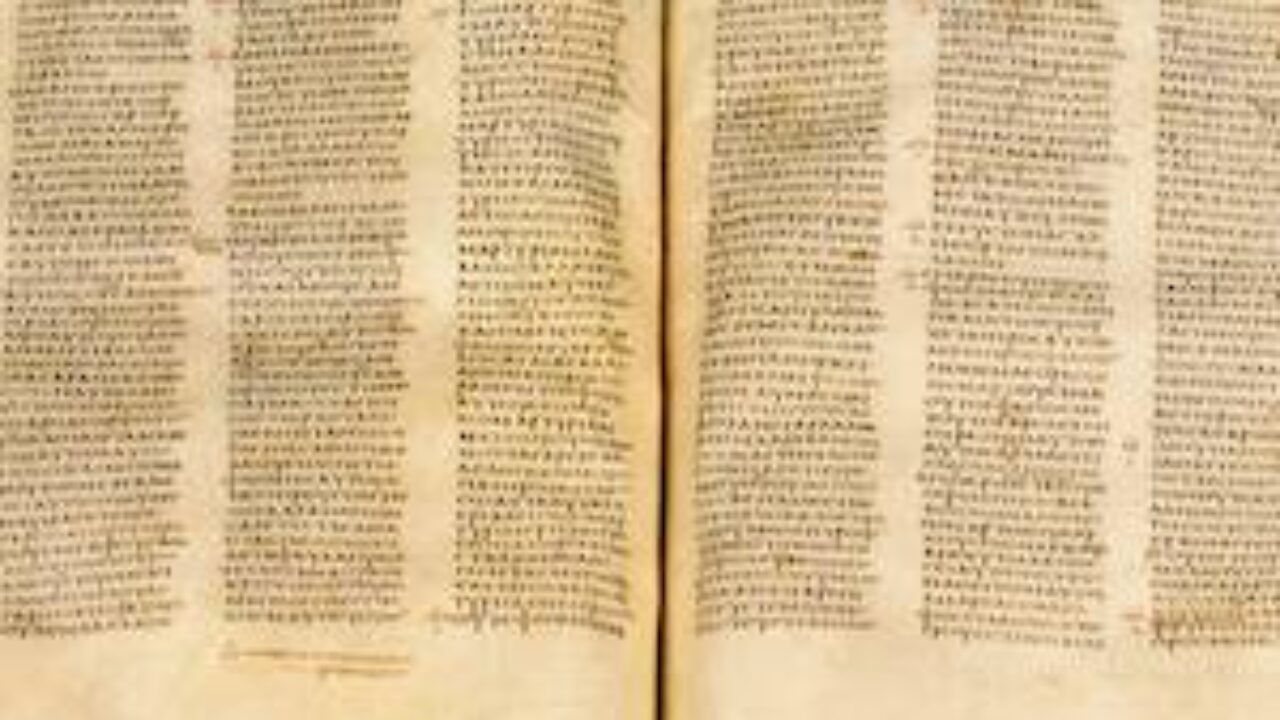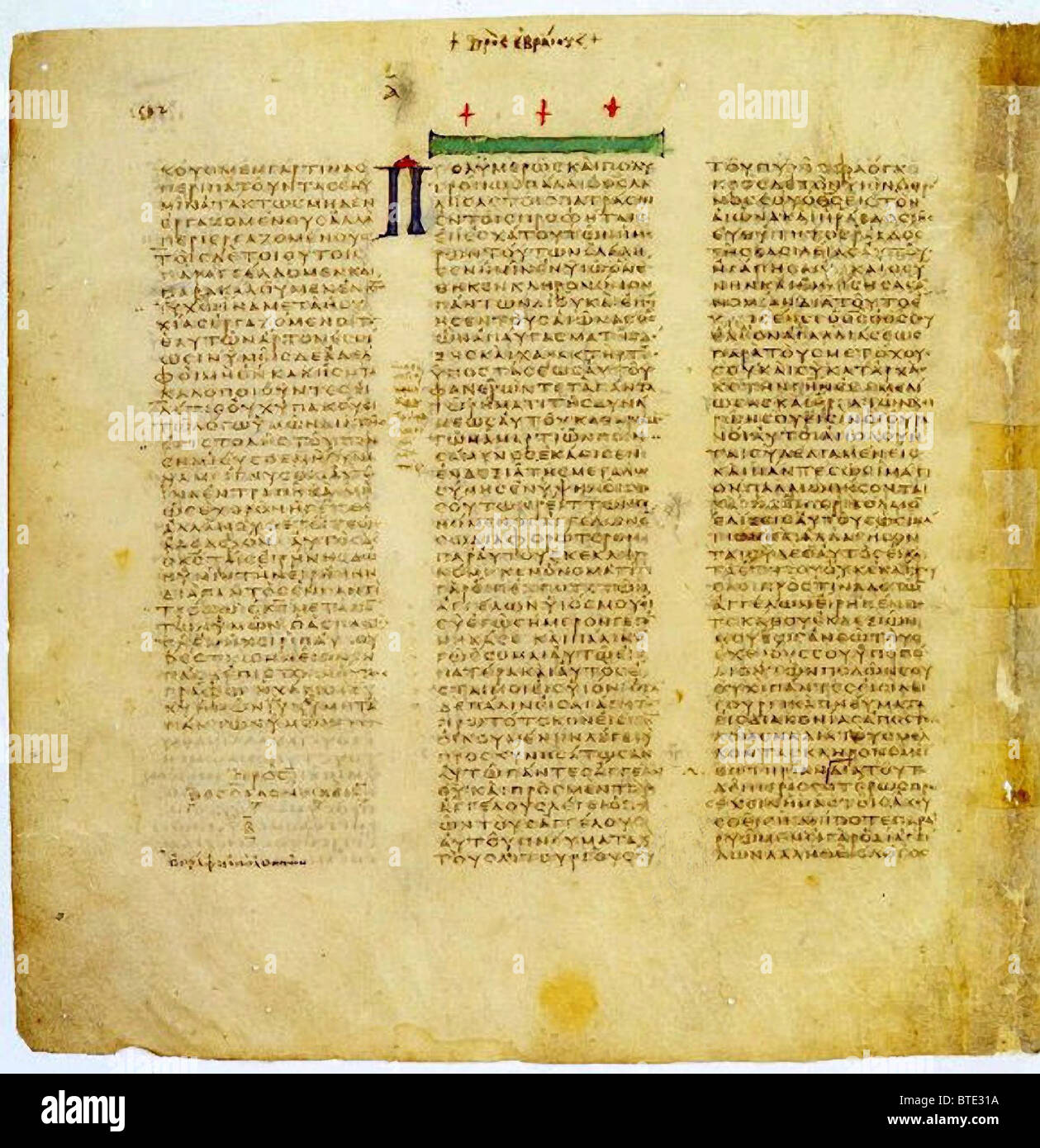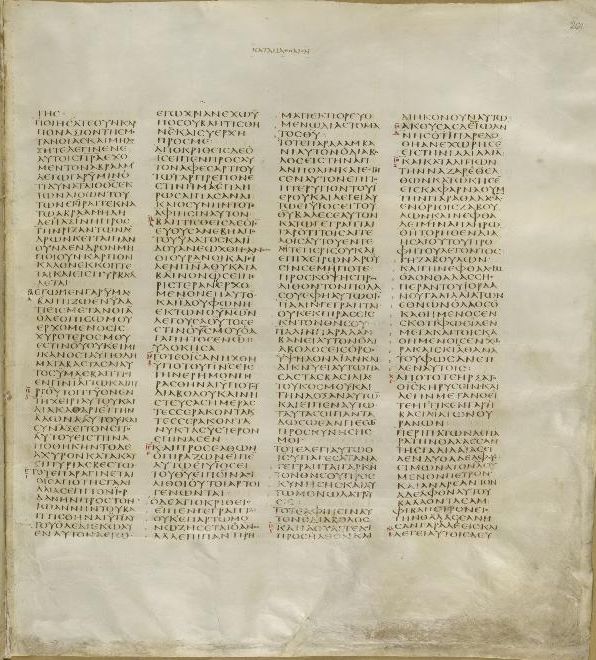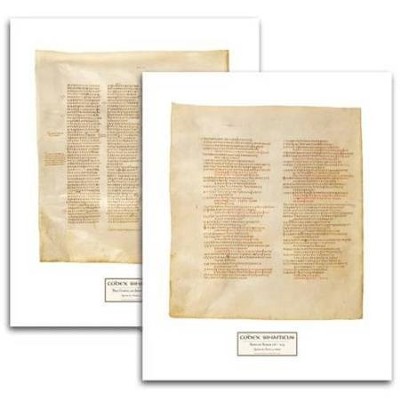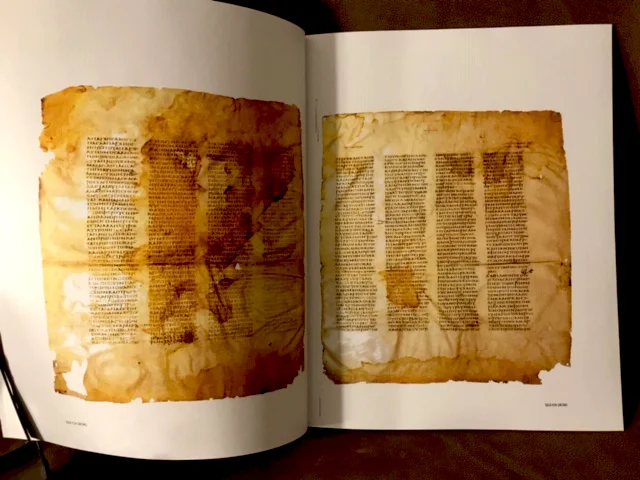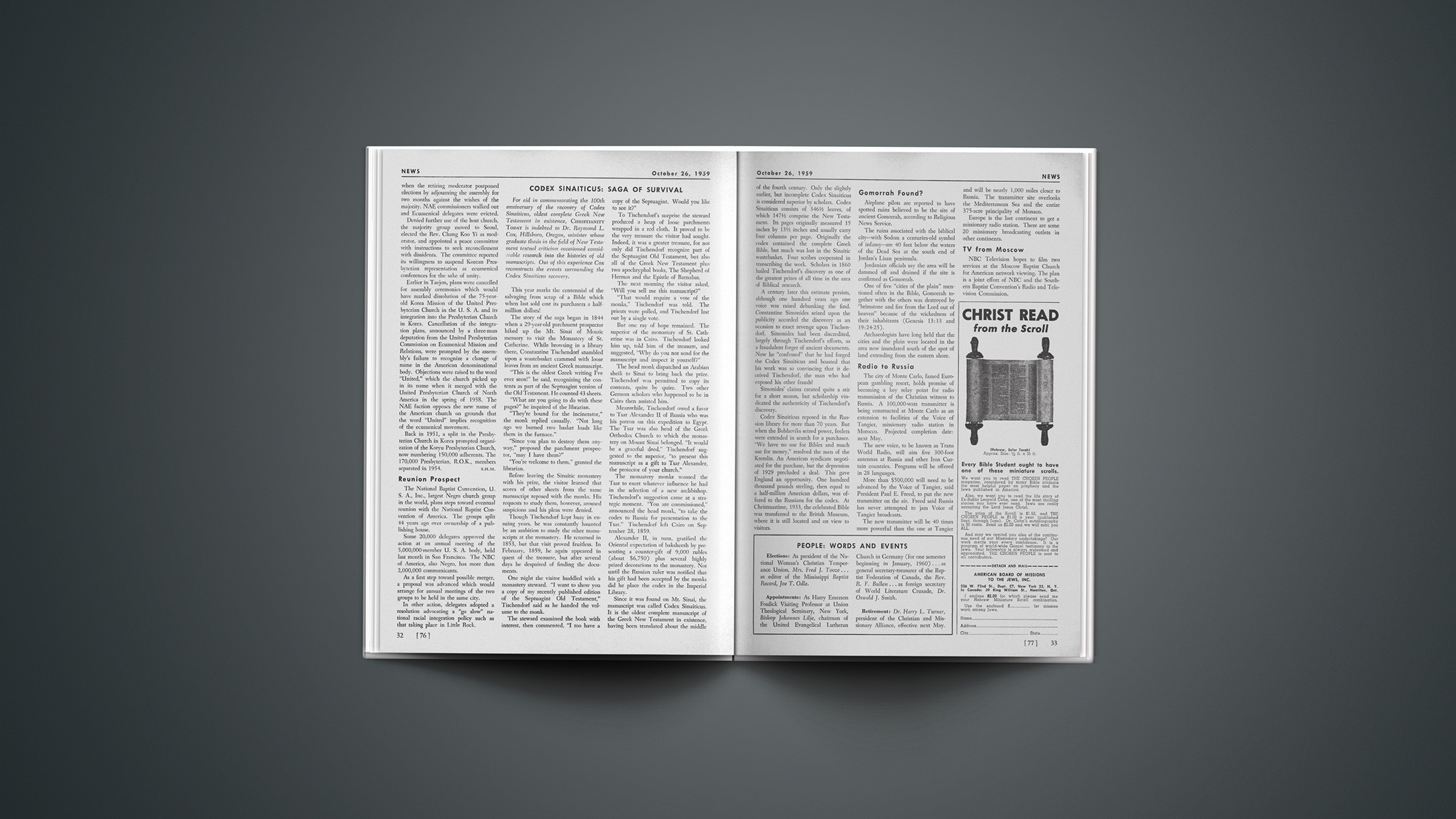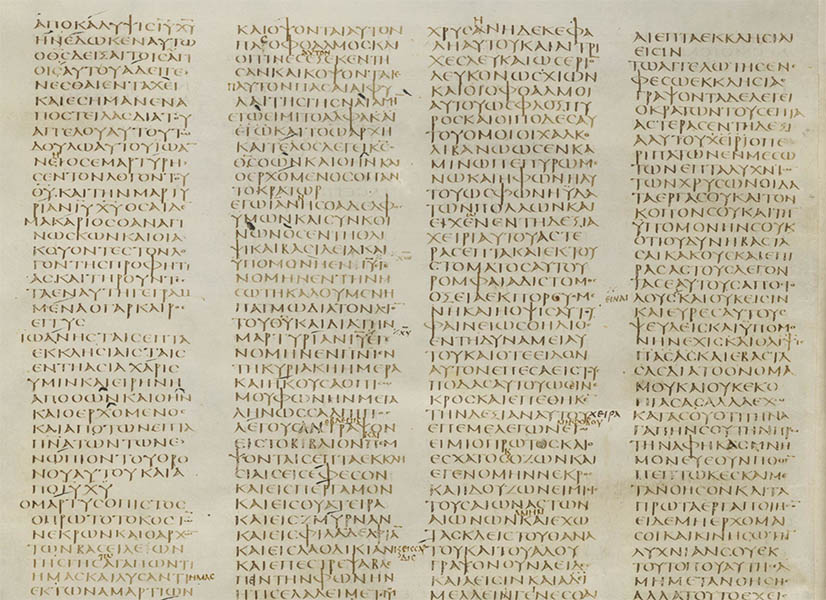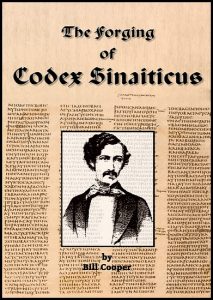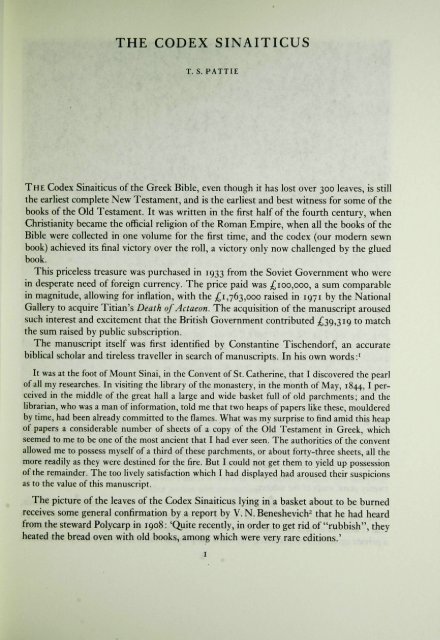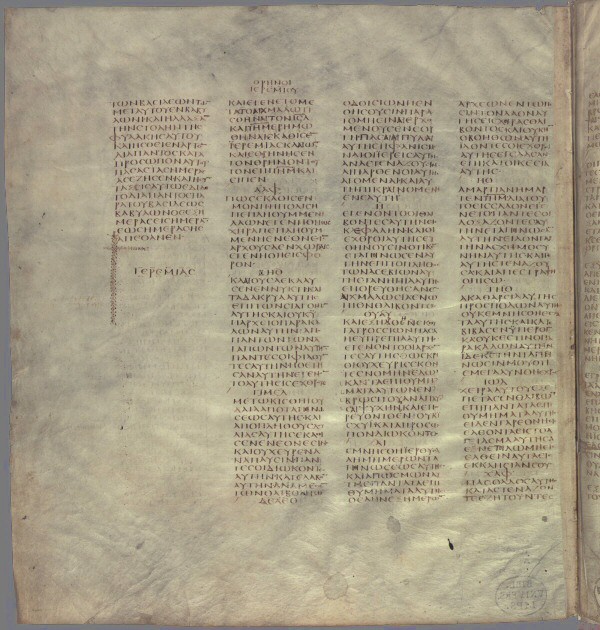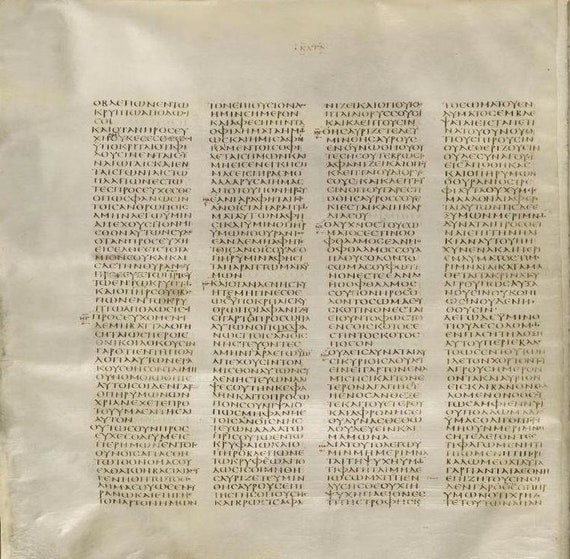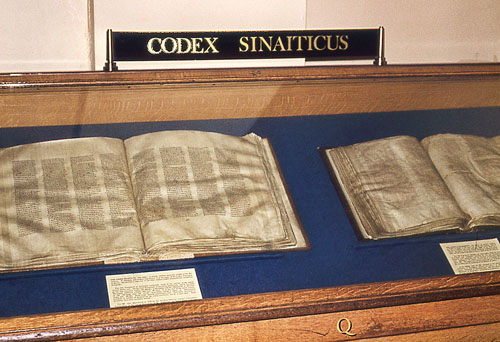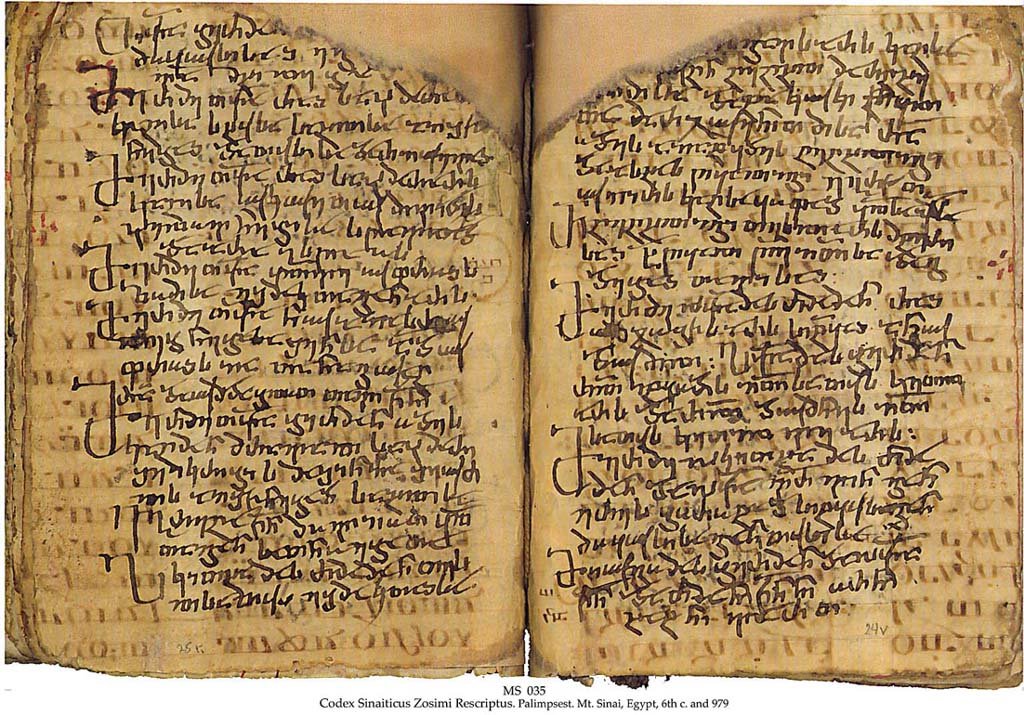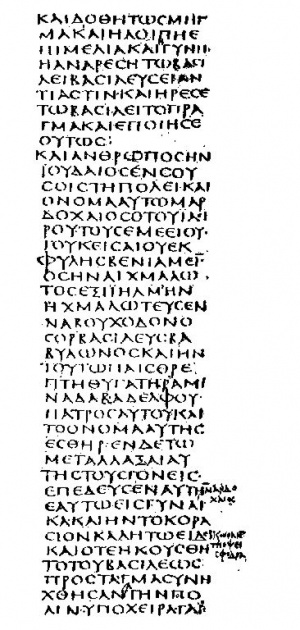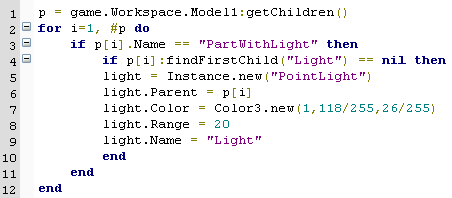Codex Sinaiticus
Codex sinaiticus also known as aleph the hebrew letter was found by count tischendorf in 1859 at the monastery of st catherine on mount sinai.

Codex sinaiticus. The total number of words omitted in the sinaiticus in the gospels alone is 3455compared with the greek received text burgon p. Handwritten well over 1600 years ago the manuscript contains the christian bible in greek including the oldest complete copy of the new testament. The literal meaning of codex sinaiticus is the sinai book. Scholarship considers the codex sinaiticus to be one of the most important greek texts of the new testament along with the codex vaticanus.
Scribes who copied the codex sinaiticus were notfaithful men of god who treated the scriptures with utmost reverence. The codex is an alexandrian text type manuscript written in uncial letters on parchment and dated paleographically to the mid 4th century. Handwritten well over 1600 years ago the manuscript contains the christian bible in greek including the oldest complete copy of the new testament. The text of codex sinaiticus bears a very close resemblance to that of codex vaticanus though it cannot be descended from the same immediate ancestor.
The codex sinaiticus is named after the monastery of saint catherine mount sinai where it had been preserved until the middle of the nineteenth century. Codex sinaiticus codex sinaiticus a 4th century manuscript of the septuagint written between 330 and 350. Portions of the manuscript were found in the monastery dump and a larger portion was presented to tischendorf by one of the monks. A further 43 leaves are kept at the university library in leipzig.
Codex sinaiticus is one of the most important books in the world. Mark 169 20 is omitted in the. The principal surviving portion of the codex comprising 347 leaves is now held by the british library. Codex sinaiticus also called s the earliest known manuscript of the christian bible compiled in the 4th century ce.
Codex sinaiticus a manuscript of the christian bible written in the middle of the fourth century contains the earliest complete copy of the christian new testament. The word sinaiticus derives from the fact that the codex was preserved for many centuries at st catherines monastery near the foot of mount sinai in egypt. This is especially true for the new testament of the gospels.


